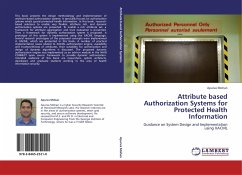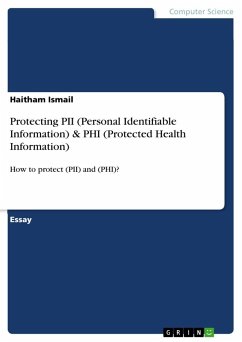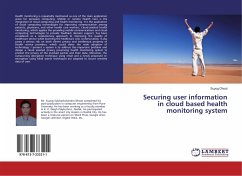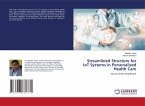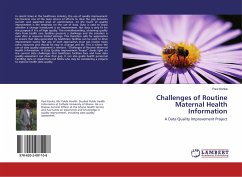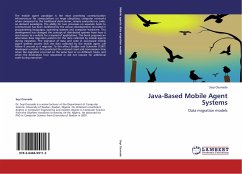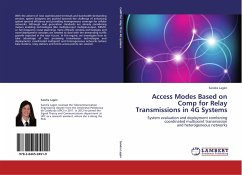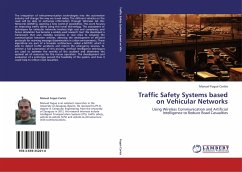This book presents the design methodology and implementation of attribute-based authorization systems. It specically focuses on authorization systems which guard protected health information. In this book, research-based solutions to enable very flexible, attribute rich, and dynamic authorization systems are presented. To enable a rich attribute set, a framework for attribute aggregation and trust evaluation is presented. Then a framework for dynamic authorization system is proposed. A prototype of this system is implemented using the XACML language. Several research prototypes of the proposed concepts were implemented in XACML, which are presented in this book. A number of practical implementation issues related to XACML authorization engine, availability and trustworthiness of attributes, their suitability for authorization and design of dynamic algorithms is discussed. The proposed dynamic authorization engine was implemented as an add-on module in the NHIN CONNECT open sourceframework to provide dynamic authorization. Intended audience of this book are researchers, system architects, developers and graduate students working in the area of health information security.
Bitte wählen Sie Ihr Anliegen aus.
Rechnungen
Retourenschein anfordern
Bestellstatus
Storno

